Flowers you can eat
Eating vegetables in the form of leaves or fruit has been very unusual. But it turns out that vegetables do not only come from the type of leaves and fruit. There are some flowers that can be used as vegetables, either as a principal or as an ingredient of mixed ingredients in the cuisine. Here are some vegetables that belong to the flower and its benefits if we consume.
1, Flowers Etlingera Elatior
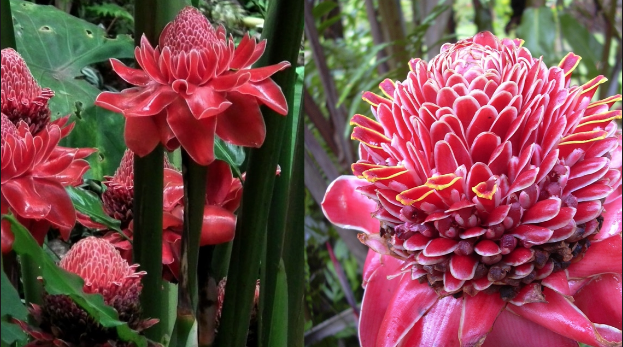
Etlingera elatior, kantan, or honje (Etlingera elatior) is a type of spice plants and is a perennial plant which terna-shaped flower, fruit, and seeds used as vegetables. Other names are kincung (Field), kincuang and sambuang (Minangkabau) and siantan (Malaya). The Thais call it kaalaa. Etlingera elatior hued as a type of ornamental plants banana-pisangan. If the stalks are old, the shape of the plants is similar to ginger root or galangal, with a height of up to 5 m.
Etlingera elatior flower or honje especially made mixed condiments or a range of cuisine in the archipelago. The flower bud is often used as lalab or boiled then eaten with sambal in West Java. Etlingera elatior steamed also often made as part of a salad in the area of Banyumas. In Pekalongan, etlingera elatior sliced finely made mix manufacture megana, a young jackfruit-urap. In Malaysia and Singapore, etlingera elatior became an important element in the cuisine of laksa.
Benefits:
Etlingera elatior flower much useful of which is:
eliminate body odor, cure diseases related to the skin such as measles. Vitamin C contained therein useful as antioxidants to reduce the accumulation of products to neutralize free radicals, toxins and protect the genetic disease. In addition it can also reproduce etlingera elatior flower BREAST MILK, blood purifier, this is very good for mothers who are breastfeeding. In some circles of society is also believed as a neutralizer etlingera elatior cholesterol, as well as antimikrobia.
2, Papaya Flower
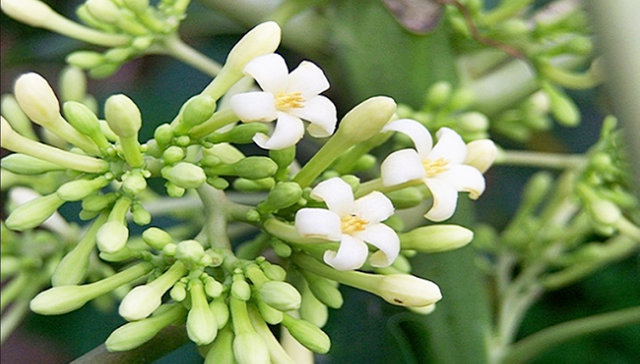
Papaya (Carica papaya l.), or plants are betik comes from southern Mexico and the northern part of South America, and is now widespread and widely planted throughout the tropics for the Rosaceae. In addition to the fruit, the Pawpaw interest also often made as a mixture of even the main ingredient in the cuisine. People of Manado cultivate flowers papaya anointed became the usual vegetables eaten.
Benefits:
apaya flower store a million secret to human health. Many are ignoring the papaya tree is male. Consume papaya fruit is already common. Not all great city know it turns out this male papaya flowers can be consumed.
This is the bitter papaya flower become food for faforit cuisine. The bitter taste and the strange turns out to have a compound alkaloid carpein (C14H25No2.) as a remedy for heart. The male papaya flowers also has a methanol extracts that act as free radical-catcher terampuh.
3, Turi Flower
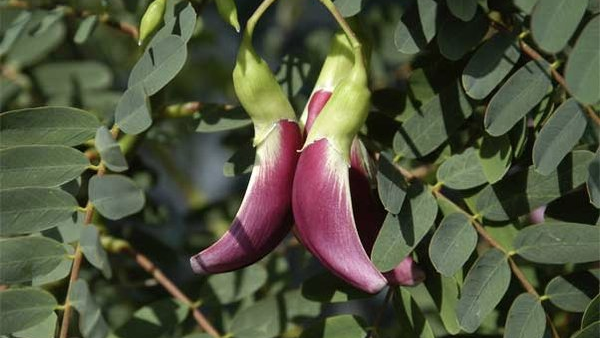
Turi (Sesbania grandiflora) is a small tree that members of Fabaceae. Plants with many uses of this origin is suspected of South Asia and Southeast Asia, but has now been scattered to various tropical regions of the world.
Turi is a soft Woody trees and short-lived. It will be 5-12 m. berbintil-bintil Root which pays to fertilize the soil. The flowers are large and out of the leaf axil. The flowers are large and when bloom, shaped like a butterfly. The color of the flowers there are red and some are white. The flowers are sweet and savory tastes, so popular as mixed as in Java.
Benefits:
Turi flower consumption is very beneficial for mothers who are breastfeeding because it can reproduce and improve BREAST MILK (breast milk). Then, the content of vitamin B can prevent the disease beri-beri. In addition, higher levels of taninnya, making it more effective for the treatment of wounds or dysentery (as a laxative).
4, Melinjo Flower
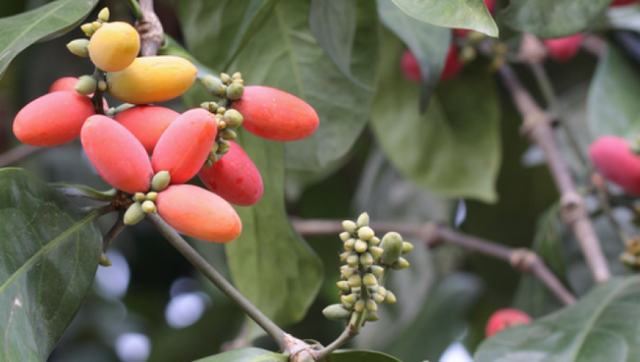
Gnetum gnemon (Gnetum gnemon Linn.) or in the so-called Tangkil Sundanese language is an open seed-bearing plant species (Gymnospermae) shaped tree that originated in tropical Asia, melanesia, and the Western Pacific. Gnetum also known by the name of common, Rau (Javanese), tangkil (Sundanese), bago (Malay and Tagalog), Khalet (Cambodia).
Gnetum actually do not produce flowers and fruit of true due to not including the flowering plants. However, ordinary people thought would seed is flowers and seeds of gnetum is a fruit. People in the Javanese and Sundanese regular mention the flowers with the name uceng gnetum. Uceng is commonly used as an ingredient in a mixture of Javanese cuisine such as sautéed vegetable or acid.
Benefits:
Gnetum flowers contain saponins, tannins, and flavonoids, which functions as an anti oxidant that can impede the aging process and prevent the development of cancer cells. Gnetum flowers can also be used as medicinal eye diseases, anaemia and hungry with bows and leaves mixed seeds.
5, Cabbage Flowers
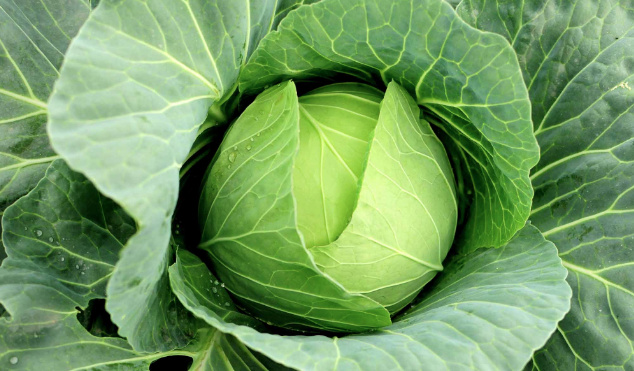
Cabbage flowers or commonly called cauliflower (Brassica oleracea var. botrytis) is a flower-shaped similar to broccoli. Perbedannya, cauliflower has flower heads that are widely and regularly with the solid. Only the "head" of the common cauliflower is eaten (in the United Kingdom called literary white curd). At the base of the head there is a green leaves are thick and arranged a meeting. Also similar to cabbage flowers cabbage romanesco. Regular cabbage flowers made a mix of cuisines in the region in Indonesia, such as mixed cap cay or soup.
Benefits:
Cauliflower is also an important source of protein, thiamin, riboflavin, niacin, calcium, iron, magnesium, phosphorus, and zinc, and a very good source of dietary fiber, vitamin B6, folic acid, Pantothenic acid, and potassium. This vegetable contains little saturated fat, cholesterol and very little (less than 1 g per kg).
Due to the rich content of vitamins, minerals and proteins, many benefits to be had from the cauliflower, among others, reducing the fat content in the body, colon cleanse, lose the risk exposed to the diseases of prostate cancer, colon cancer and stomach cancer, help to lower sugar levels in the blood, very good for sufferers of diabetes and lowering cholesterol.
visit and follows @donyanyan
